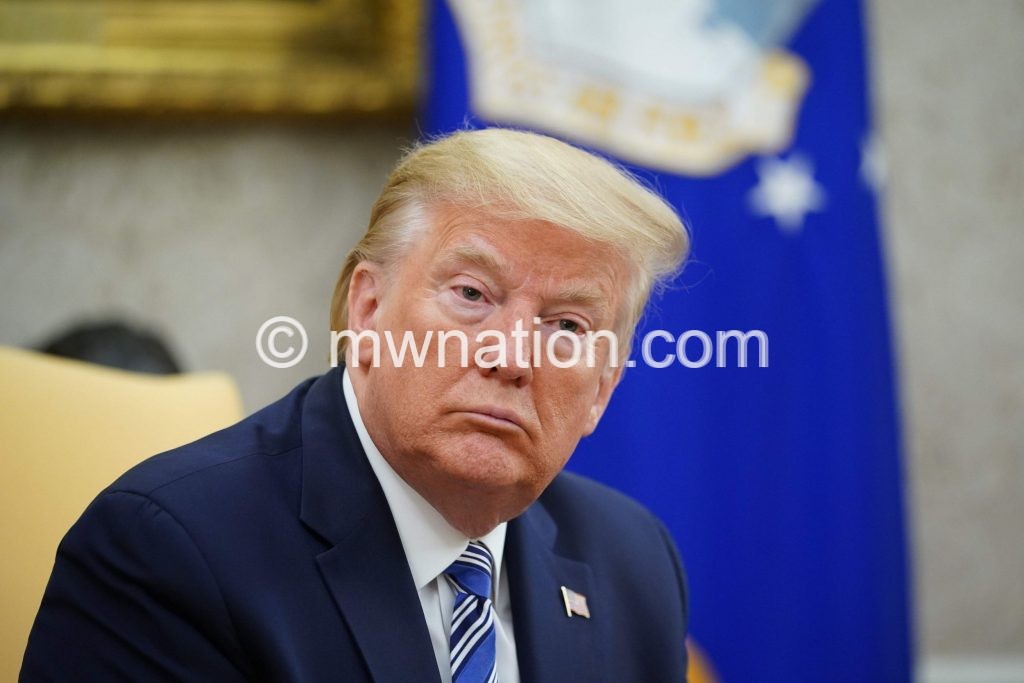The national interest
In times of crises, we tend to rally around our leaders, our community, our family and our country. Concerns for the rest of the world may take a back seat while we concentrate on resolving immediate problems closer to home.
For several years now, there has been a growing interest in some countries to shift the focus from global leadership and solidarity to more pressing domestic issues such as unemployment and health care. This movement received a major boost in 2016 when the United Kingdom voted to leave the Europe Union and the United States elected Donald Trump to office. Political pundits in both countries had underestimated the rising disenchantment with economic policies driven by globalisation. Many groups felt sidelined by elites. They argued that it was time to abandon global projects in favour of more local alternatives. The ensuing political turmoil strengthened the voice of those who argued for the primacy of the national interest in political decision-making.

One immediate result was diminished support for multilateral organisations. The United States subsequently signalled its withdrawal from the Paris Agreement on climate change and its growing displeasure of having to fund major United Nations bodies. And both the United States and the United Kingdom have warned about severe cuts to their aid budgets. But not all countries have followed suit.
China and India sensed an opportunity to increase their influence and have stepped up their global engagements. But even within these two countries, there are powerful voices that favour a less globalised approach. An illustrative case is the recent attention on the virtues of hydroxychloroquine, the drug that is used to prevent and treat malaria, lupus and rheumatoid arthritis. Trump has repeatedly, and without scientific evidence, promoted the idea that the drug could be used to treat Covid-19 patients. A few weeks ago, he requested that India – which manufactures 70 per cent of the world’s supply of hydroxychloroquine – lift its temporary ban on the export of the drug and send a large consignment over to the United States. Trump warned that if India did not comply, it would risk jeopardising its friendly relations with the United States.
The demand that India lift its ban on the export of hydroxychloroquine – and risk weakening its own ability to treat its citizens – angered many Indians. Several influential politicians and commentators argued that India should not give in to pressure tactics and should protect its national interest. The political leadership, however, reached a different conclusion. It felt that angering the United States would jeopardise India’s national interest in the long run. The first consignment of hydroxychloroquine tablets arrived in the United States shortly thereafter. n


